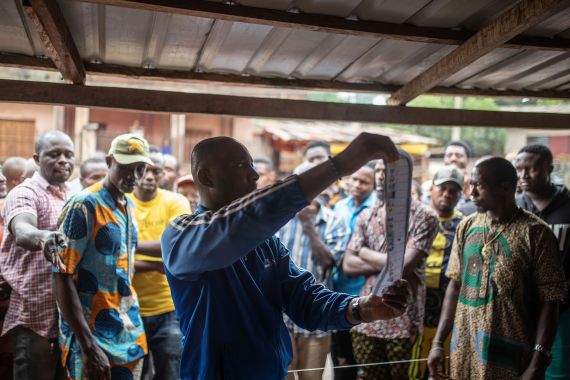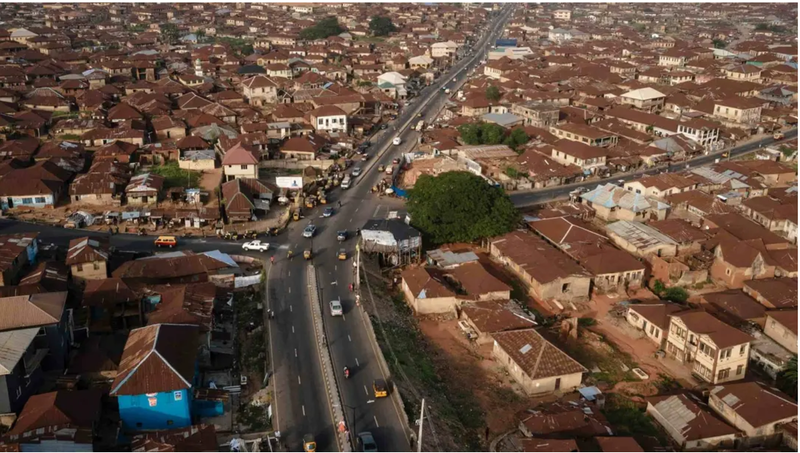Nigeria: Vote Counting Under Way in Presidential Election
Ballot counting is underway in Nigeria's presidential and parliamentary elections, seen as the closest race in the country's democratic era, as polls, which opened at 7:30 GMT on Saturday, officially closed six hours later....

Facts
- Ballot counting is underway in Nigeria's presidential and parliamentary elections, seen as the closest race in the country's democratic era, as polls, which opened at 7:30 GMT on Saturday, officially closed six hours later.1
- Despite the Independent National Election Commission (INEC) previously vowing to upload the collated results as they come in on its website to allow Nigerians to follow them in real-time, no result had been uploaded as of Saturday evening.2
- While the biggest democratic event in Africa was marred by long delays as some polling stations failed to open on time due to logistical problems and security incidents, the turnout of the 87M people registered to cast their votes seemed to be high.3
- CNN confirmed reports of violence at two polling stations in Lagos as well as violations of INEC's guidelines establishing privacy for voters at a polling unit on the outskirts of Abuja. Due to delays, some voters were still waiting to cast their ballots after the originally scheduled closing time.4
- The presidential race to succeed the former military ruler turned democratic leader Muhammadu Buhari has 18 candidates. According to polls, the surprising Labor Party candidate Peter Obi is ahead of his rivals, but data and intelligence company Stears has predicted that the ruling All Progressives Congress (APC) candidate, Bola Tinubu, would win under a low-turnout scenario.5
- If no candidate obtains at least 25% of the votes in two-thirds of the country's 36 states, the top two candidates will face a runoff election within the three following weeks. It's estimated that it will take five days to count and report the results.6
Sources: 1Al Jazeera, 2Punch newspapers, 3BBC News, 4CNN, 5New York Times and 6Time.
Narratives
- Narrative A, as provided by Economist. Despite living under democratic rule since 1999, this is the first time that Nigerians could cast their votes for a candidate that offers hope for change as the country faces economic and security challenges. Obi can unite the country as he is campaigning on competence instead of ethnic or religious lines, and he knows the problems of Nigeria more than anyone else.
- Narrative B, as provided by Jacobin. While this election may promote youth engagement in politics and lead to a break in the hegemony of Nigeria's two establishment parties, very little will change, even if Obi enters into office as parliament is likely to remain under the control of those political forces. In addition, his market-oriented reforms can only deepen the country's social, economic, and security crises.






